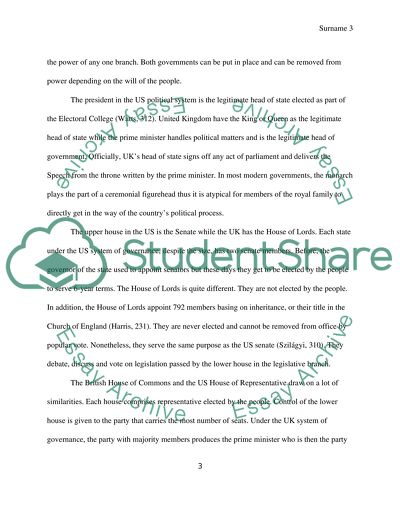Cite this document
(“Political issues Research Paper Example | Topics and Well Written Essays - 1500 words”, n.d.)
Retrieved from https://studentshare.org/history/1467955-political-issues
Retrieved from https://studentshare.org/history/1467955-political-issues
(Political Issues Research Paper Example | Topics and Well Written Essays - 1500 Words)
https://studentshare.org/history/1467955-political-issues.
https://studentshare.org/history/1467955-political-issues.
“Political Issues Research Paper Example | Topics and Well Written Essays - 1500 Words”, n.d. https://studentshare.org/history/1467955-political-issues.


